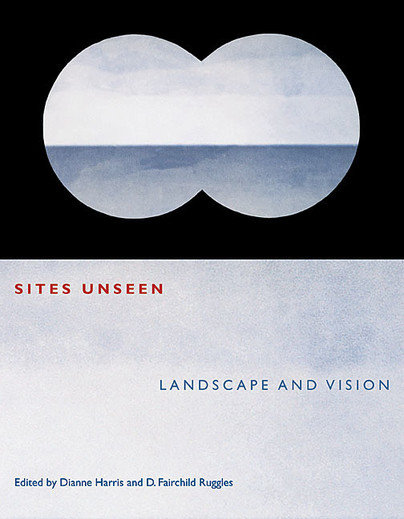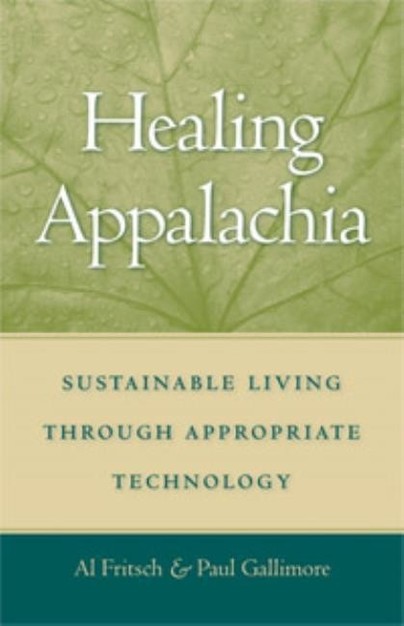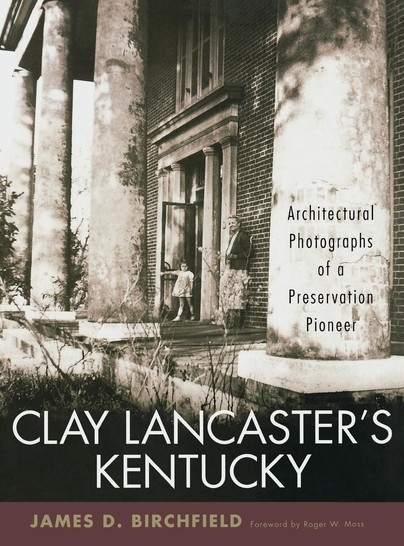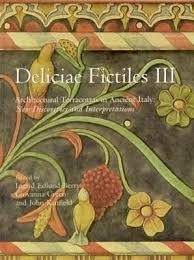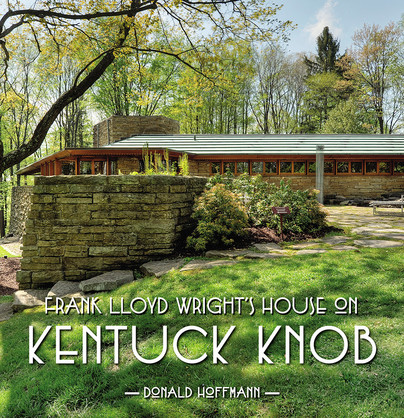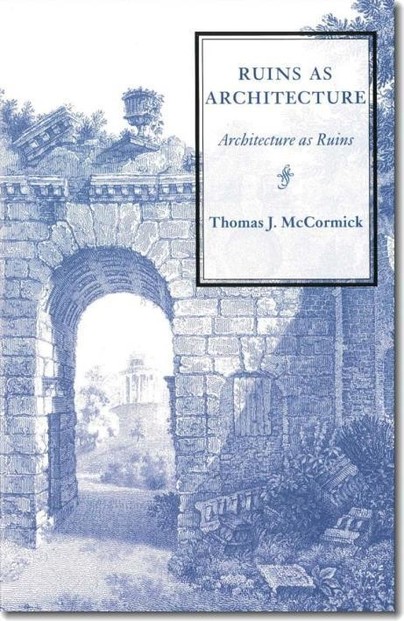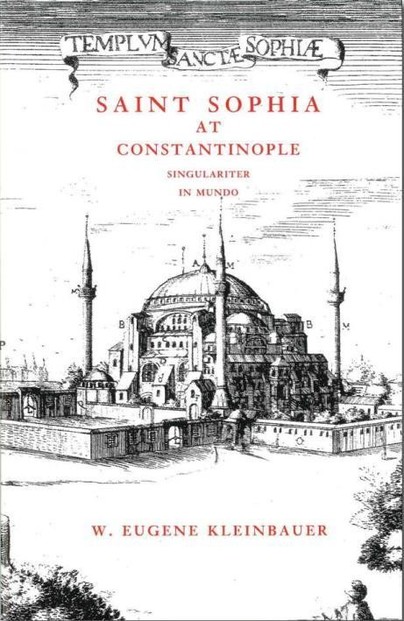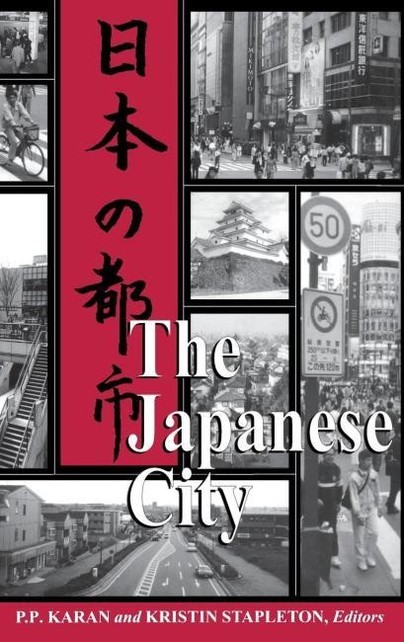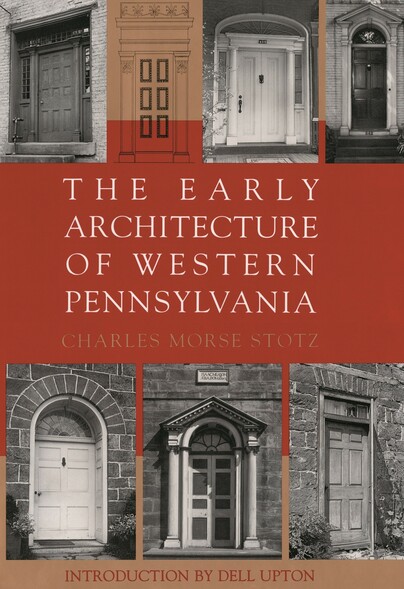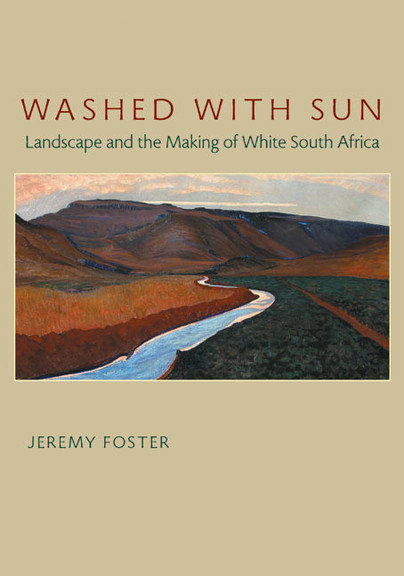
Format: Paperback
Description:
South Africa is recognized as a site of both political turmoil and natural beauty, and yet little work has been done in connecting these defining national characteristics. Washed with Sun achieves this conjunction in its multidisciplinary study of South Africa as a space at once natural and constructed. Weaving together practical, aesthetic, and ideological analyses, Jeremy Foster examines the role of landscape in forming the cultural iconographies and spatialities that shaped the imaginary geography of emerging nationhood.

